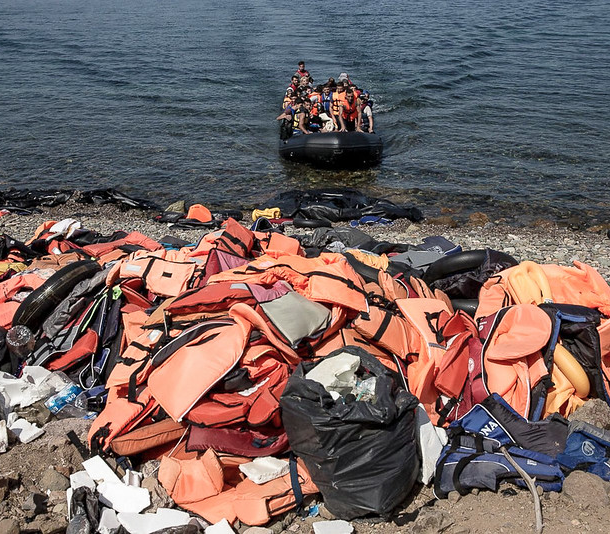
The United Kingdom is considering deploying the military to block migrants boats in the English Channel before they enter British-controlled waters.
British Home Secretary Priti Patel has appointed Dan O’Mahoney, director of the Joint Maritime Security Centre since 2019 and a former Royal Marine, as the UK's ‘Clandestine Channel Threat Commander’, as the UK looks to block migrants from crossing the channel.
“Route is incredibly dangerous & we’re doing all we can to make it unviable,” Patel tweeted earlier.
However, there has already been criticism of the move, with one Ministry of Defence source telling PA Media it was a “completely potty” idea and the French government warning it may be illegal.
Bella Sankey, the director of Detention Action told The Guardian,
“The home secretary’s hysterical plea to the navy is as irresponsible as it is ironic. Pushbacks at sea are unlawful and would threaten human lives.
The controversial tactic is similar to Australian policies that intercept boats in order to ensure refugee processing does not occur on the Australian mainland. These policies have contributed to the increasing numbers of detention centers, including the Christmas Island detention center where the Tamil Murugappan family is detained.
News of Britain’s attempts to stop migrants, refugees, and asylum-seekers comes as countries across the world are limiting access to asylum. The United States Supreme Court recently denied Tamil asylum-seeker Mr. Vijayakumar Thuraissigiam a federal review of his case, and Australia continues to intensify its attacks on migrants.
These attacks on migrants’ rights are even more dangerous when migrants are expected to return home to countries where they are experiencing persecution at the hands of authoritarian regimes, as seen in Sri Lanka under the Rajapaksas. The Rajapaksas, who have been known for quelling dissent and targeting minorities and dissenters, have solidified their power with a landslide victory in the parliamentary elections.
